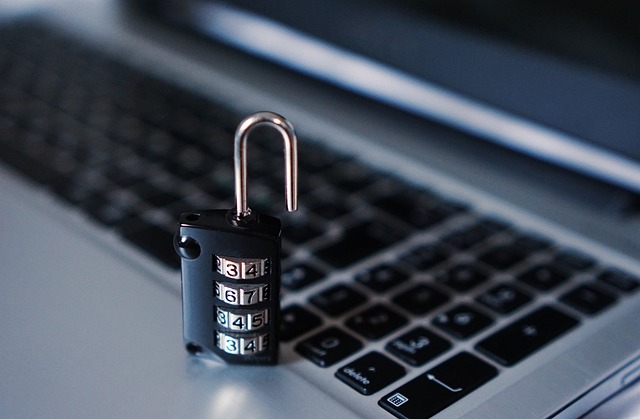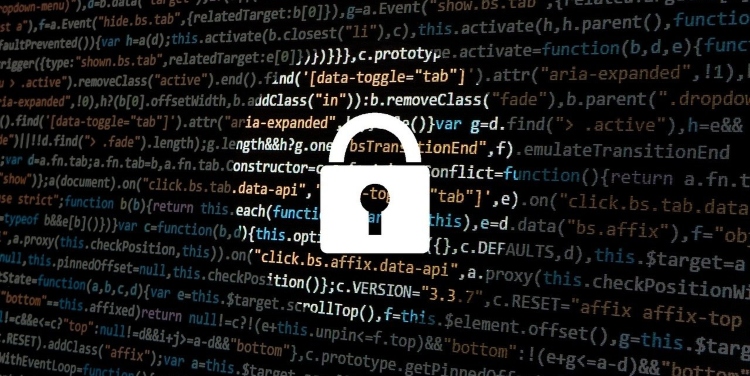The internet has become a vast resource as well as a destination where we carry out an array of activities. Yes, there are online games to enjoy and explore, but we also turn online to manage our finances, shop and even share intimate details of our lives on social media. More than ever, there is a need to know that the websites that you’re visiting are safe and secure. So how can you tell? Let’s take a look.
Why Online Security Matters
Stop and think about all of the information that you share online. It could be that you’re inputting your credit card details for a purchase. Maybe it’s your login details for your social media accounts. When you consider any of these activities, it soon becomes clear that website security is a must.
The problem is that not all websites prioritise your security. There are some that leave your data vulnerable and at risk of being stolen. That’s why you need to recognise what makes a website secure.
The Lock: A Symbol of Security
When looking at the security of a website, the first thing that you need to look for is the lock symbol. You’ll find this at the top left in the address bar. What follows the lock is HTTPS. This stands for hypertext transfer protocol secure. You’ll only see HTTPS if there is also a lock symbol.

So, how does this keep you secure? Well, HTTPS creates encryption between your device and the website that you’re visiting. This scrambles any data exchanged between you and the site, making it much harder for hackers to steal it.
Check Out Privacy Policies
Boring? Yes, but there’s a real need to check out a site’s privacy policy. Every reputable site will have one, and they will explain how they collect and use your information. A well-written policy should be transparent and leave you fully understanding how your information is treated and shared.
Additional Security Measure
Beyond these vital checks, there are other factors to consider when assessing the safety of a website. These include:
- Two-factor authentication (2FA): Websites that take your security seriously will use 2FA. This adds an additional layer that requires you to input a secondary code that is often sent to your phone. Used in addition to your password, this keeps your accounts more secure.
- Regular Security Audits: Reputable websites will also ensure that they undergo regular audits to identify, and resolve, and vulnerabilities.
- Secure Payment Gateways: Platforms involving transactional processes, such as e-commerce stores, subscription sites and those allowing customers to play casino games and bingo online, have increased their offered payment options over recent years, with digital wallets becoming increasingly popular. When making deposits or transactions online, secure payment gateways ensure that your financial data is protected.
Final Thoughts
Whether you’re shopping, playing at an online casino, or updating your socials, you need to know that your information is secure. Looking out for signs such as the lock symbols and studying privacy policies go a long way to ensuring that your online experience is a safe one.
David Prior
David Prior is the editor of Today News, responsible for the overall editorial strategy. He is an NCTJ-qualified journalist with over 20 years’ experience, and is also editor of the award-winning hyperlocal news title Altrincham Today. His LinkedIn profile is here.


![7 Best POS Software in the UK [2026 Edition]](https://todaynews.co.uk/wp-content/uploads/2026/02/7-Best-POS-Software-in-the-UK-2026-Edition-360x180.png)





















































![7 Best POS Software in the UK [2026 Edition]](https://todaynews.co.uk/wp-content/uploads/2026/02/7-Best-POS-Software-in-the-UK-2026-Edition-120x86.png)

![7 Best POS Software in the UK [2026 Edition]](https://todaynews.co.uk/wp-content/uploads/2026/02/7-Best-POS-Software-in-the-UK-2026-Edition-350x250.png)

















